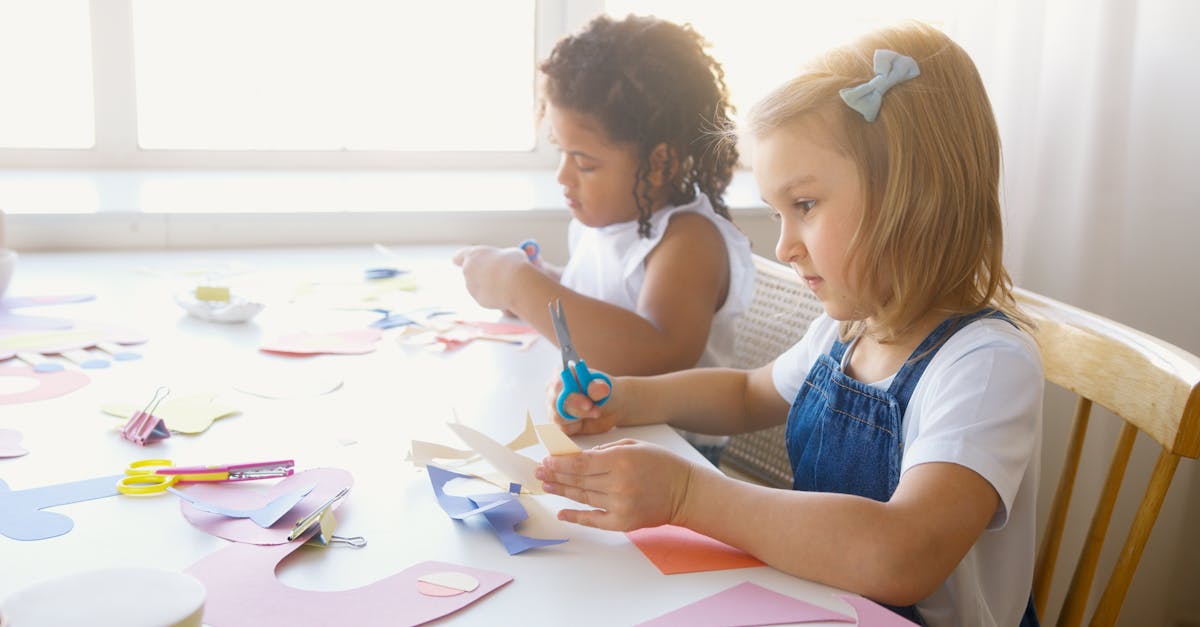Understanding AI’s Role in Education
Artificial Intelligence (AI) is transforming various industries, and education is no exception. But how does AI fit into early childhood education? Let’s explore what it means for your little ones.
Simply put, AI can assist teachers and parents in personalizing learning experiences based on individual needs. However, it’s essential to weigh the benefits and drawbacks to make informed decisions for your child’s education journey.

Benefits of AI for Kids
One of the core advantages of AI in early education is personalized learning. AI-powered tools can cater to each child’s learning pace and style. Imagine an app adjusting difficulty levels based on your kid’s progress. Isn’t that incredible? Another benefit is that it can free up teachers’ time to focus more on hands-on activities and less on administrative tasks. Thus, both kids and teachers win!

AI has brought a new dimension to early education by providing a personalized and engaging learning experience for children. With AI, each child can receive tailored instruction that suits their individual needs, making learning more effective and enjoyable.
Potential Drawbacks & Concerns
On the flip side, there are concerns. Excessive screen time can affect kids’ social skills and physical health. Remember when you had to drag your kid away from the TV or tablet? Also, data privacy is a big issue. You want to be sure that any AI tools you use protect your child’s personal information. It’s a tightrope walk between embracing technology and preserving natural childhood experiences.

Balancing Screen Time and Learning
Balancing screen time is crucial. While AI can be a fantastic educational tool, too much screen time can lead to negative effects. It’s important to find a balance between technology and other activities to ensure holistic development.
One effective way to manage screen time is to encourage small study sessions mixed with outdoor play. For instance, my kids used to give me puppy eyes for more screen time during their favorite game, but a run in the park usually equaled things out.
Remember, moderation is key when it comes to screen time and learning.

Real-life Success Stories
Many parents have seen positive changes in their kids through AI-based learning platforms. For instance, apps like ABCmouse and Osmo have received rave reviews from parents for making learning more engaging. My friend Emily swears that her son’s math skills skyrocketed thanks to an AI math tutor app they tried last summer.

Practical Tips for Parents
Before integrating AI in your child’s education, do some research. Look for reviews and talk to other parents. Set screen time limits and ensure varied activities. AI is a tool, not a babysitter. Also, involve your child in the selection process. Their enthusiasm can make or break the success of an AI-based education tool. So, stay informed and stay involved!

Related Posts:
- 21st Century Teaching Tools: AI vs Traditional Ways
- AI Exposure for Tech-Savvy Kids
- AI Chatbots vs. Pre-School Teachers: The Debate
- AI’s Role in Children’s Cognitive Development
- AI-Powered Preschool Education: Innovative Approach
